A mother whose two eldest children are in grave need of kidney transplants has spoken with searing honesty of her emotional dilemma after discovering she was a match for both, but knowing she only had one organ to donate.
For the last four years, Sarah Bingham and her family, Darryl, and their children Noah, Ariel, and Casper, has been a whirlwind of tests and hospital admissions.
All three children have been diagnosed with autism, but both Noah and Ariel have a gene deletion that has caused nephronophthisis – a kidney disorder that impairs the organ's function.

Currently, Noah is completely reliant on dialysis, while Ariel's kidneys are functioning at just 17 per cent – and both children need a transplant.
Sarah, was found to be a match for both, while Darryl was unsuitable for either, as he has a different blood type.
"It was really hard knowing that both my children needed a kidney, but I only had one I could give. It was an incredibly hard decision to make and nobody can make it for you," she said.

"As a mum, you naturally want to do all you can to spare your children any pain," she added.
Thankfully, two family friends have also been found to be a match for Noah, meaning that one of them can donate to him, while Sarah can give the gift of life to her little girl.
Now, to pay forward the incredible kindness they have been shown, Darryl is taking on an epic Christmas challenge. She ran 12,000 steps a day for 12 days to raise money for Kidney Research UK.

"I can't put into words how it feels to know that there are people willing to put themselves on the line for our children. The support we have had from our friends, family, neighbours and church has been incredible," Sarah continued.
"We would've crumbled to pieces had so many amazing people not rallied around us. We had people bringing us food, doing our washing, helping with childcare – all sorts. When we've been going through the worst times, most days I'd open the front door and some kind soul would have left us some flowers or chocolate on the doorstep."

"Now, we want to raise money for Kidney Research UK – and the amazing work they are doing – to pay forward the kindness we have received," she said.
Life for Sarah changed forever back in the summer of 2016.
Then just 11 years old, Ariel started falling behind at school and seemed constantly tired.
Doing her SAT exams at the time, her parents initially put it down to stress – but when nothing changed, they decided to home educate her.
"She was really struggling," recalled Sarah. "The symptoms were quite subtle, but looking back, knowing what we do now, we can see that her kidneys were declining."
Then, Ariel was struck by crippling stomach aches.

"I took her to the doctor, who prodded her tummy and she nearly leapt off the table in pain," Sarah continued.
"From there, we were taken to Newcastle's Royal Victoria Infirmary and Ariel was admitted right away. It was such an overwhelming and frightening time."

In hospital, tests found that Ariel's kidneys were functioning at just 25 per cent, although, initially, medics were unsure why.
"Nobody had any idea if it was something like a serious infection causing a sudden decline, or if it was something more chronic," added Sarah.
Ariel was given a kidney biopsy, the results of which found that the majority of nephrons, the part of the organ that regulates water, were irreparably defunct.

"I said to the consultant, 'What's the worst case scenario?'" recalled Sarah. "He said that Ariel would one day need a transplant.
"That word was mentioned very early on, but it was impossible to say when she would need the transplant. Kidneys can decline and then plateau – it's a very uncertain world to be suddenly plunged into."
"I was trying to weigh up everything I was being told and imagine what my daughter's future would be like."

Shortly after her biopsy results came through, Ariel was given her diagnosis of nephronophthisis.
The family did not know the condition had been caused by a genetic disorder called homozygous deletion of the NPHP1 gene until 2020, when they had their blood tested by the 100,000 Genomes Project, which looks for genetic links to rare diseases.
Around the time of Ariel's diagnosis, Darryl and Sarah were also tested to see if they would be suitable donors.
While Darryl was not, as he has a different blood type, Sarah was, and she agreed to donate her kidney to Ariel, when the time came.
"Of course, with so many moving parts, donating a kidney is not straightforward and there are so many reasons for it not to go ahead," she said.
"But, once I knew I was a match, we had a plan in place that I would donate to Ariel when she needed it, if I passed all the rigorous tests."
"At that stage, we had no idea that Noah also had the gene deletion and would one day need a new kidney, too."

At first, Sarah admits that Ariel's diagnosis felt like a "timebomb" hanging over the family. But in time, the Binghams got used to their new way of life.
Then, three years later in 2019, history started repeating itself when Noah began to struggle at school.
"It was totally out of character," said Sarah. "He was very fatigued and pale, and wasn't eating properly. At the time, he was doing his A Levels. Due to his autism, he has high levels of anxiety, so we thought it was perhaps the stress of his exams."

Then, nine days before he was due to take his place at the University of Central Lancashire, studying astrophysics, he started being violently sick.
"He was really shaky and turned almost yellow," said Sarah. “I took him to the doctor's and he collapsed on me on the way in."
"I managed to put him over my shoulders and get some help. We were taken straight to hospital, by which time he was in horrendous pain and throwing up blood."

Tests showed that Noah's levels of creatinine were sky high.
Within a few hours, he had been sedated and placed on emergency dialysis.
"I dissolved into tears, I felt so helpless," said Sarah. "A kind nurse picked me up and took me for a cup of tea."

"Because Ariel had shown signs of her condition in pre-teens and Noah was older, everybody – including doctors – thought he was out of the woods and was unaffected."
"It was all such a shock, but at the same time, I think on a subconscious level my motherly instincts knew what was about to happen."
Sure enough, doctors have since confirmed that Noah has nephronophthisis, just like his sister.
For two weeks, he remained in hospital before being discharged, returning three times a week for four-hour long haemodialysis sessions.
"Darryl and I have both been absolutely gobsmacked by what Noah was able to cope with," said Sarah. "He's never complained – he's just so patient and accepting of what he needs to do."
"That said, the haemodialysis was very disruptive to his life and would cause him enormous amounts of anxiety so, after a couple of months, he decided to switch to peritoneal dialysis, which uses membranes in the abdomen to cleanse the blood."

"He was fitted with a catheter, so that he could have the treatment at home every night," she said.
As Ariel's condition was detected early, she has been able to avoid dialysis, but both siblings require a cocktail of medication.
In addition, in July 2020, Noah was also found to have gastroparesis, where the stomach does not empty properly, which has caused bouts of vomiting and seen his weight plummet.

Now, although doctors are still unable to forecast a definite timeline, they know both children will require a kidney transplant in the future.
Ariel, whose function has gradually but steadily declined over time to 17 per cent, will hopefully receive Sarah's kidney.
Meanwhile, Noah's donor looks set to be a family friend.

While the transplant will not be a cure, it will improve their quality of life – though they will continue to be monitored and take anti-rejection medication. They will also require further transplants in the future, once their donated kidneys no longer function properly.
"Because Noah has lost weight due to his stomach condition, he has to put it back on to make sure he is strong enough for the surgery," explained Sarah.
"He has currently got a feeding tube to ensure he's getting the right nutrients. Ideally, he needs the transplant now because his kidney function is so poor, but he needs to put on weight first."
She had to explain the implications to her kids carefully.
"Because the children have autism, they can struggle to understand how the world functions, but we explain everything to them in our own way," she continued.
"Our reality has become normal to us now, so it can be difficult to pick out exact things that they can and can't do. It can be a struggle to get them to eat, so they are monitored by dietitians, and they both have insomnia, too. Their condition means they both get really itchy skin and have to take antihistamines and use creams."
"They find it really anxiety-inducing that they are both facing major surgery, especially as one has to go first. Whoever goes second will see what is ahead for them, which can be really frightening."

"Both of them get very tired. Noah, for example, can only walk very short distances," she added.
"Ariel knows she doesn't have as much energy as her friends, and has to take medication, while they don't, which is difficult. It's tough to be a teenager and be the one who is different."
Now, as the Binghams wait to see what the future will hold, they are proudly supporting Kidney Research UK's Step into Christmas campaign, with Darryl running 12,000 steps for 12 days to raise money for vital research.
Sarah and Darryl also want to praise the incredible work and support of the renal teams the Royal Victoria Infirmary and Freeman Hospital.

"There are so many kids and adults out there living with horrible, debilitating kidney disease," she said.
"It's really important to us to support charities like Kidney Research UK, and more money equals more research, and that is the only way forward."
Having completed a long string of fundraising events, Darryl is looking forward to rounding off 2020 in style.

"Sarah has made me a purple cape to match the colors of the charity's logo," he added.
"I'll be wearing that when I take to the streets which is bound to turn heads. The work Kidney Research UK do is phenomenal, and way beyond my understanding. This is my way of giving something back."

Marc Shaw, head of community and events at Kidney Research UK, praised the Bingham family.
Thank you to the Bingham family for sharing their story and a big thank you to Darryl who is joining us to Step into Christmas for us this December.
"This year has been really hard for everyone, and we're grateful for supporters like Darryl for wanting to support Kidney Research UK and fundraise to help us in the fight to end kidney disease," they said.
"Step into Christmas is our new campaign and we're asking everyone to complete 12,000 steps for 12 days, host a Christmas Quiz or join us on Christmas Jumper Day. You can sign up and find out more here."

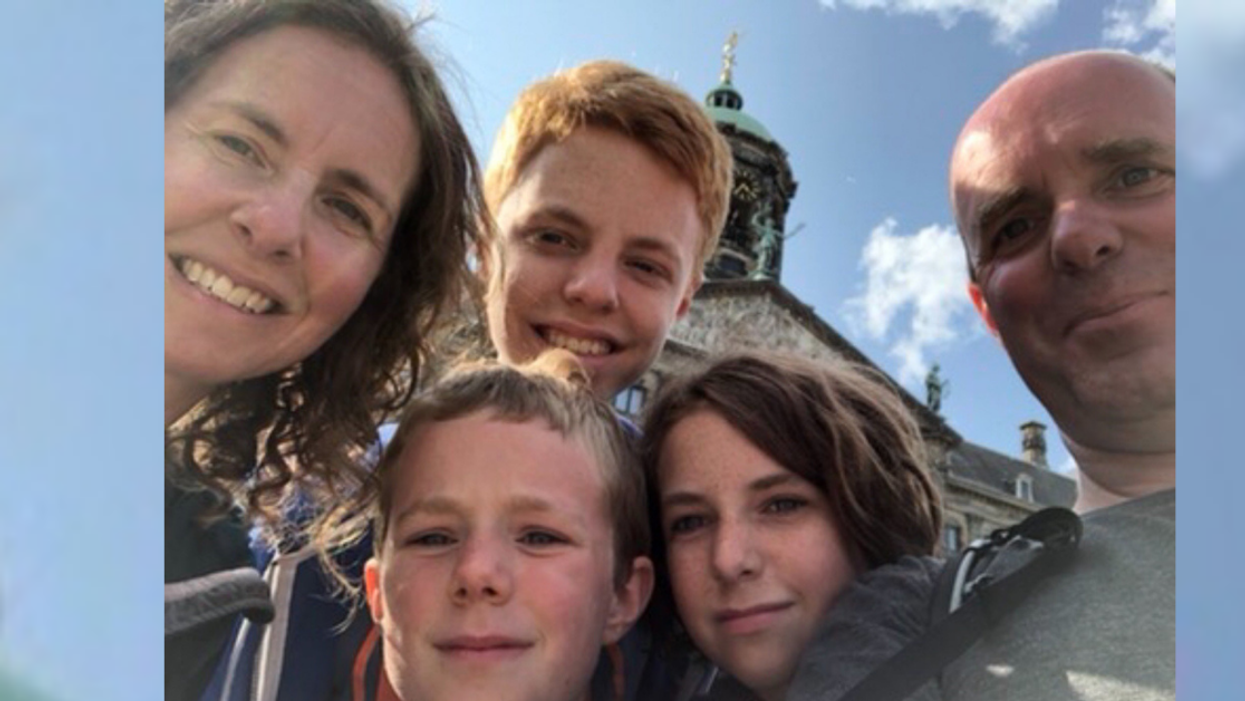




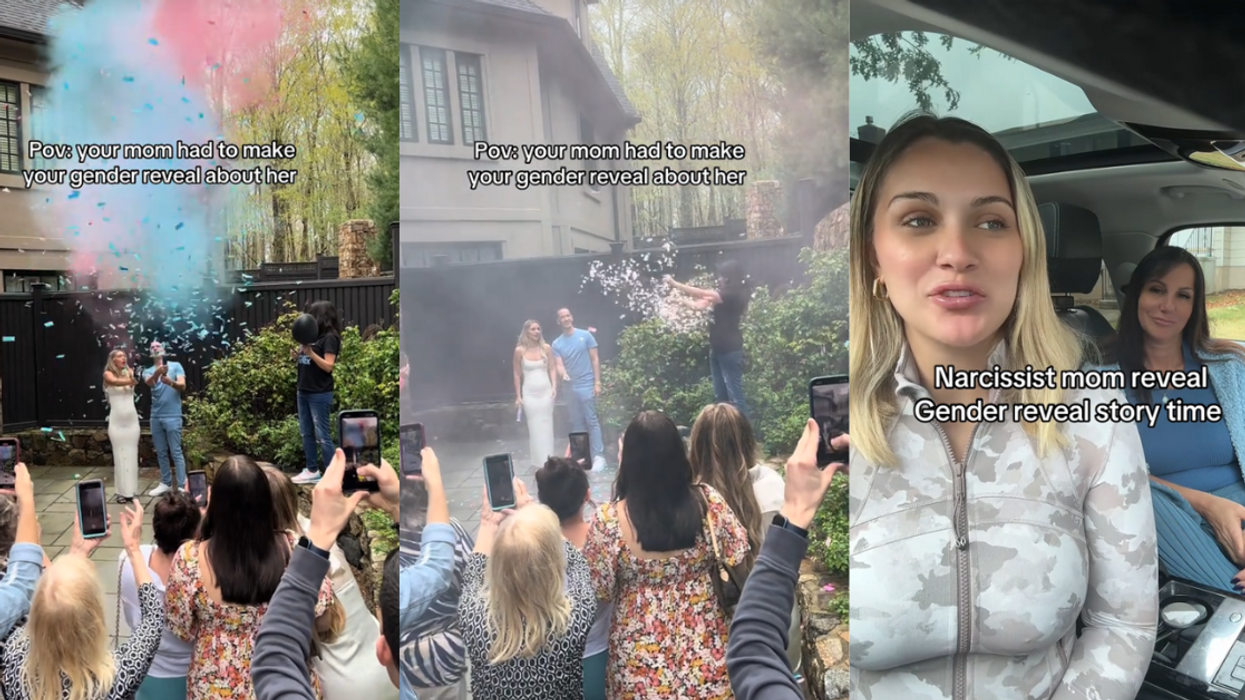





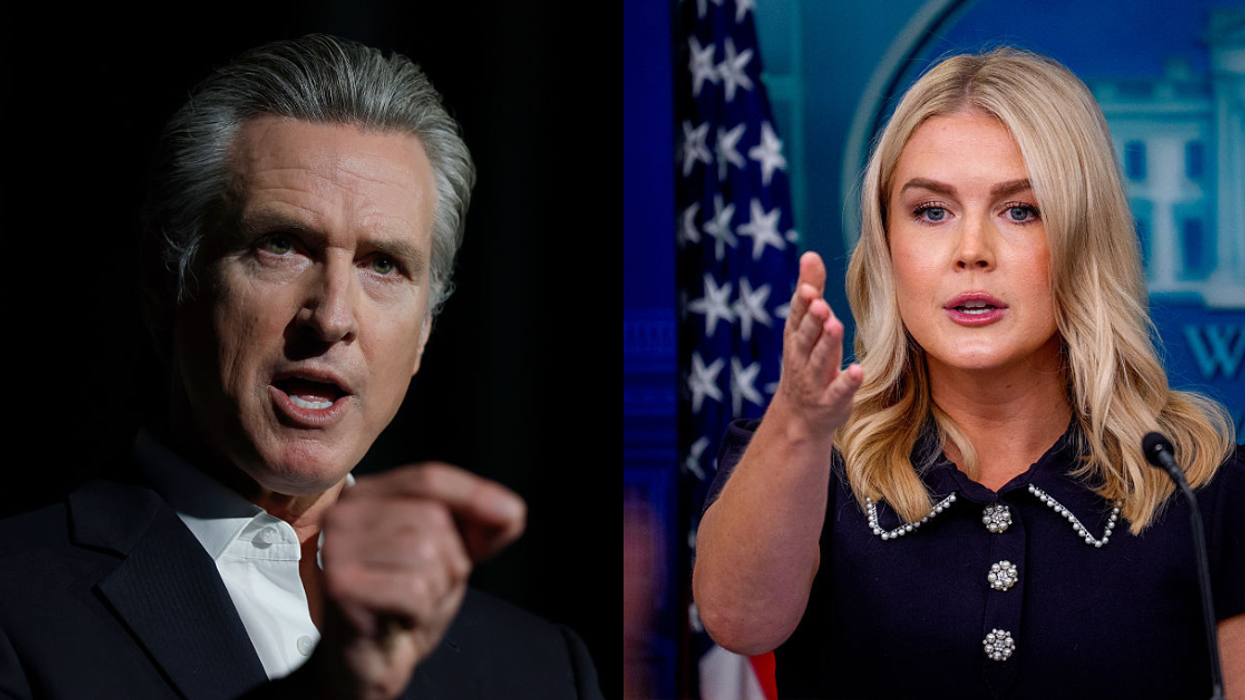
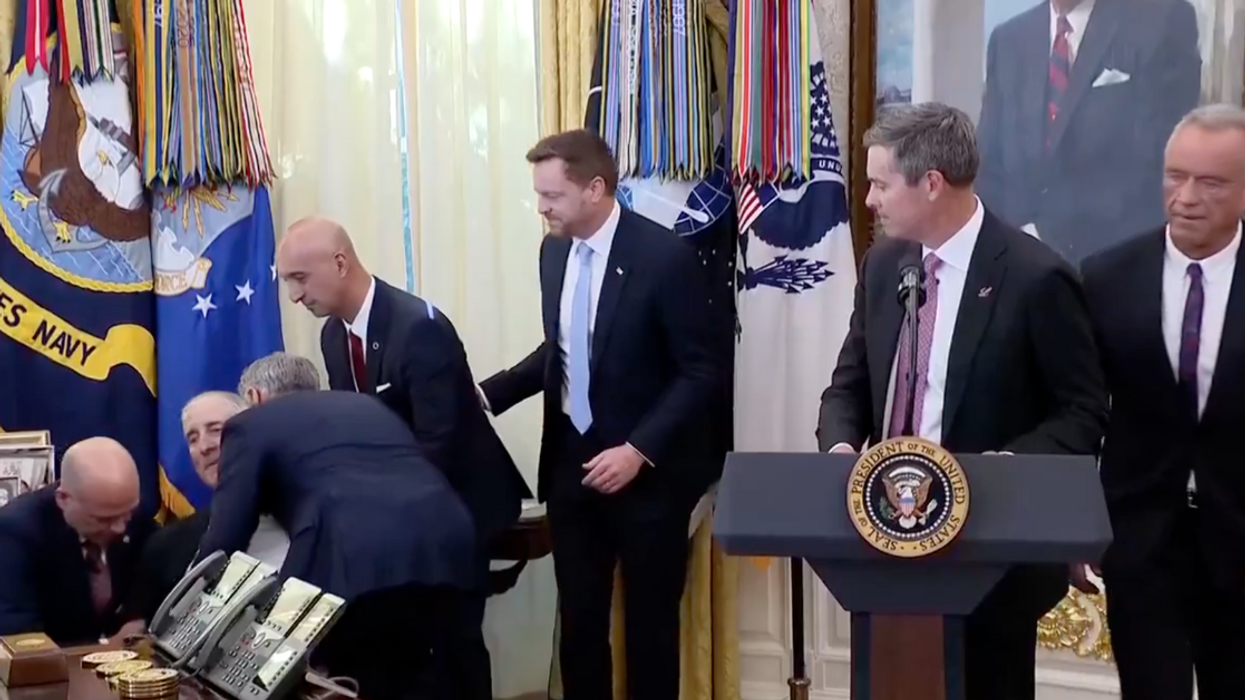
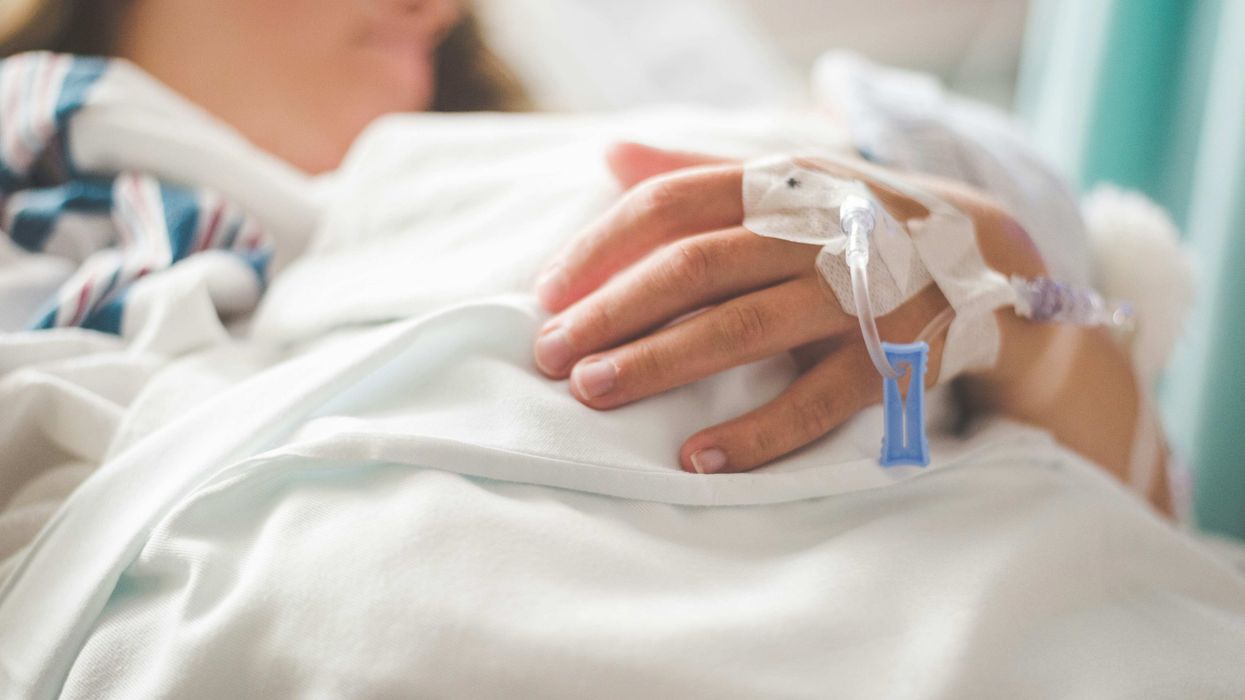
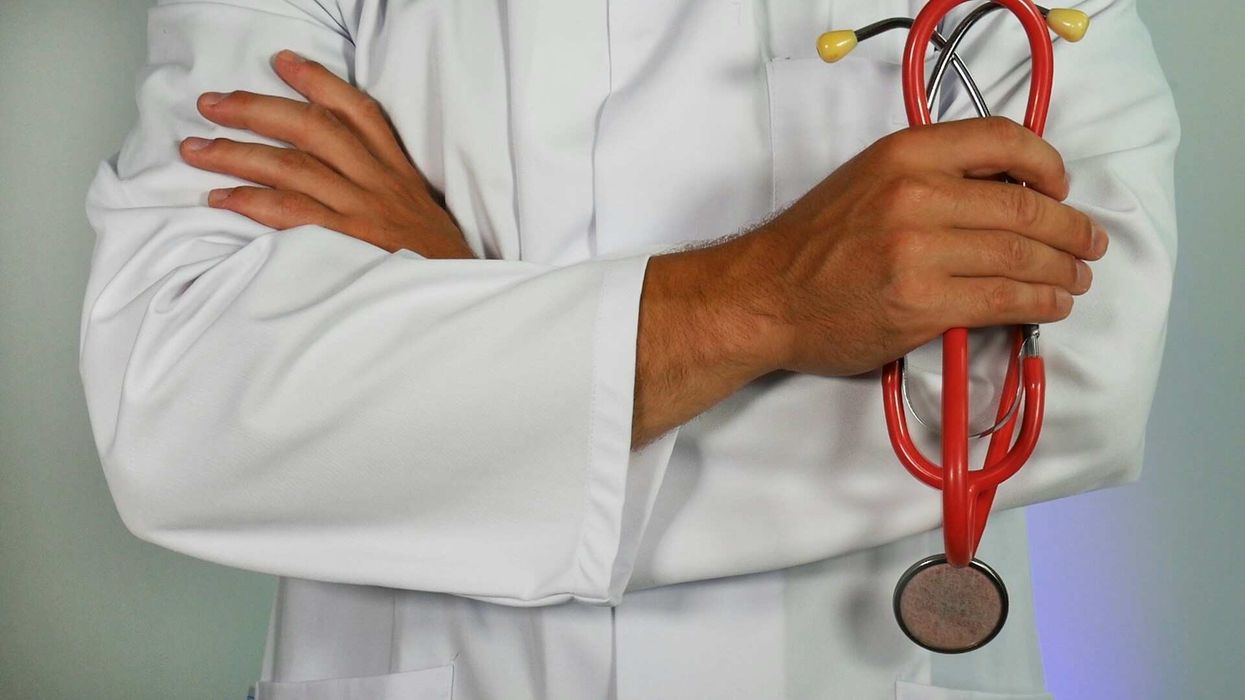
 breast cancer GIF by Baptist Health South Florida
breast cancer GIF by Baptist Health South Florida 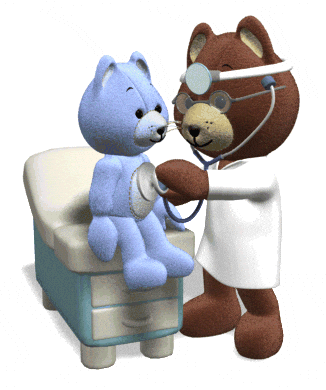 Teddy Bear Doctor GIF
Teddy Bear Doctor GIF  feeling neck skin GIF
feeling neck skin GIF  praying GIF
praying GIF 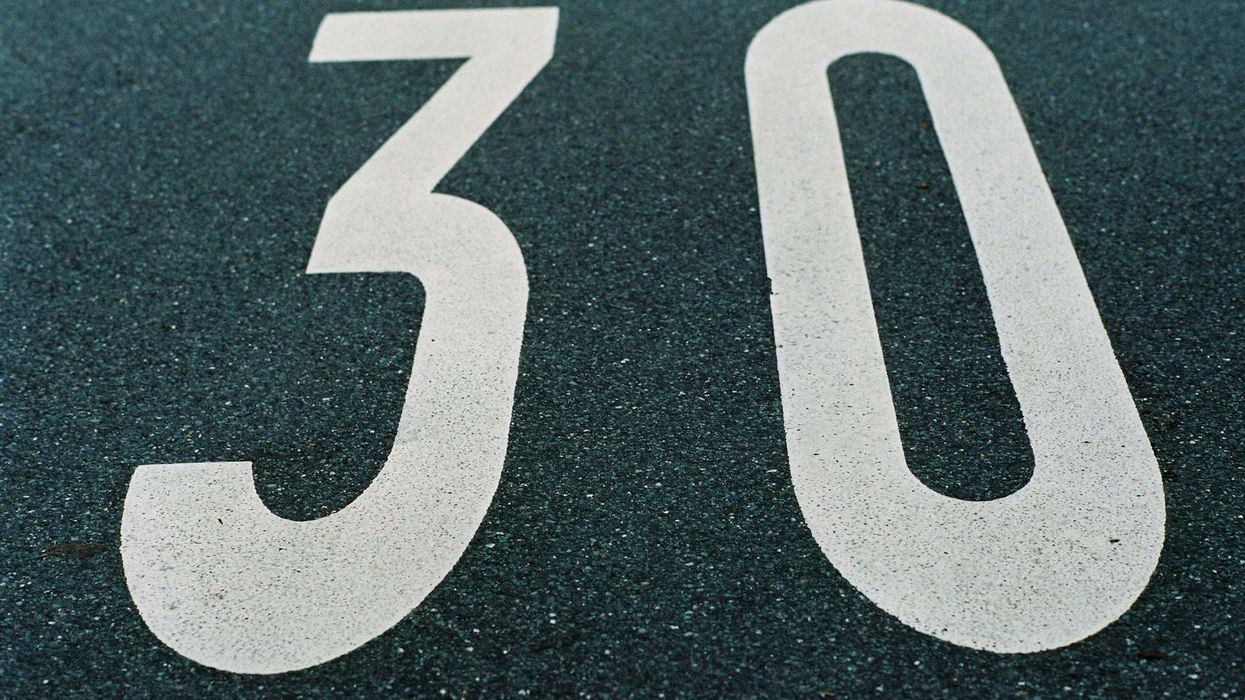
 Snail Ugh GIF by Sticker Book iOS GIFs
Snail Ugh GIF by Sticker Book iOS GIFs 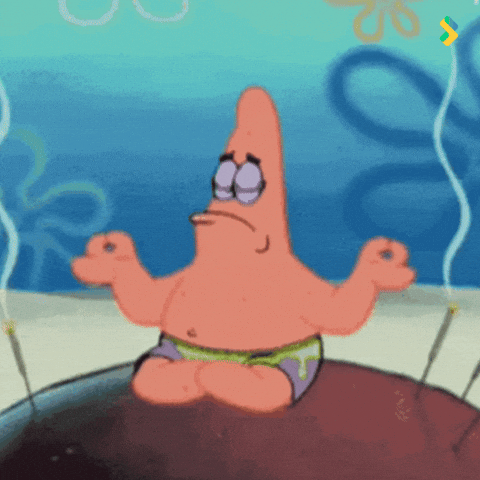 Serious
Serious 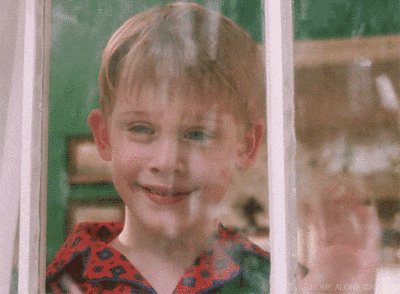 Home Alone Reaction GIF by 20th Century Fox Home Entertainment
Home Alone Reaction GIF by 20th Century Fox Home Entertainment  Cat Working GIF
Cat Working GIF